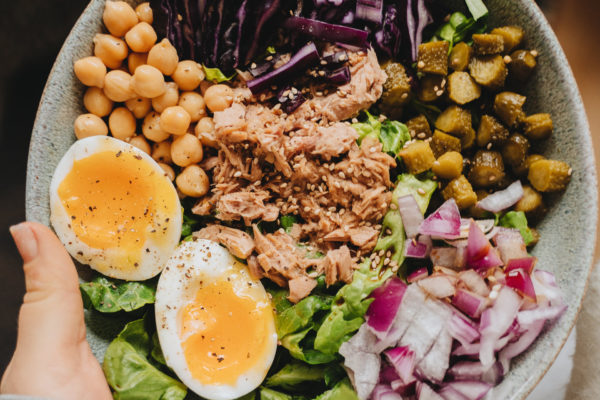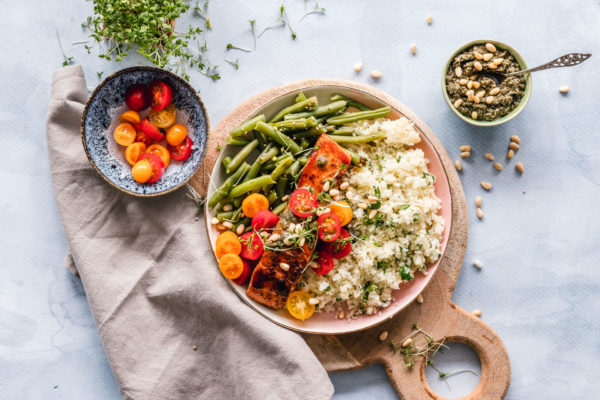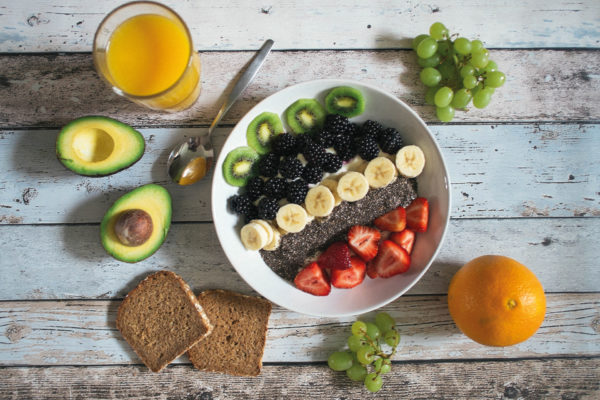How To Up Your Vitamin B Intake – And Why It’s Important
By
1 year ago
These foods are high in B vitamins
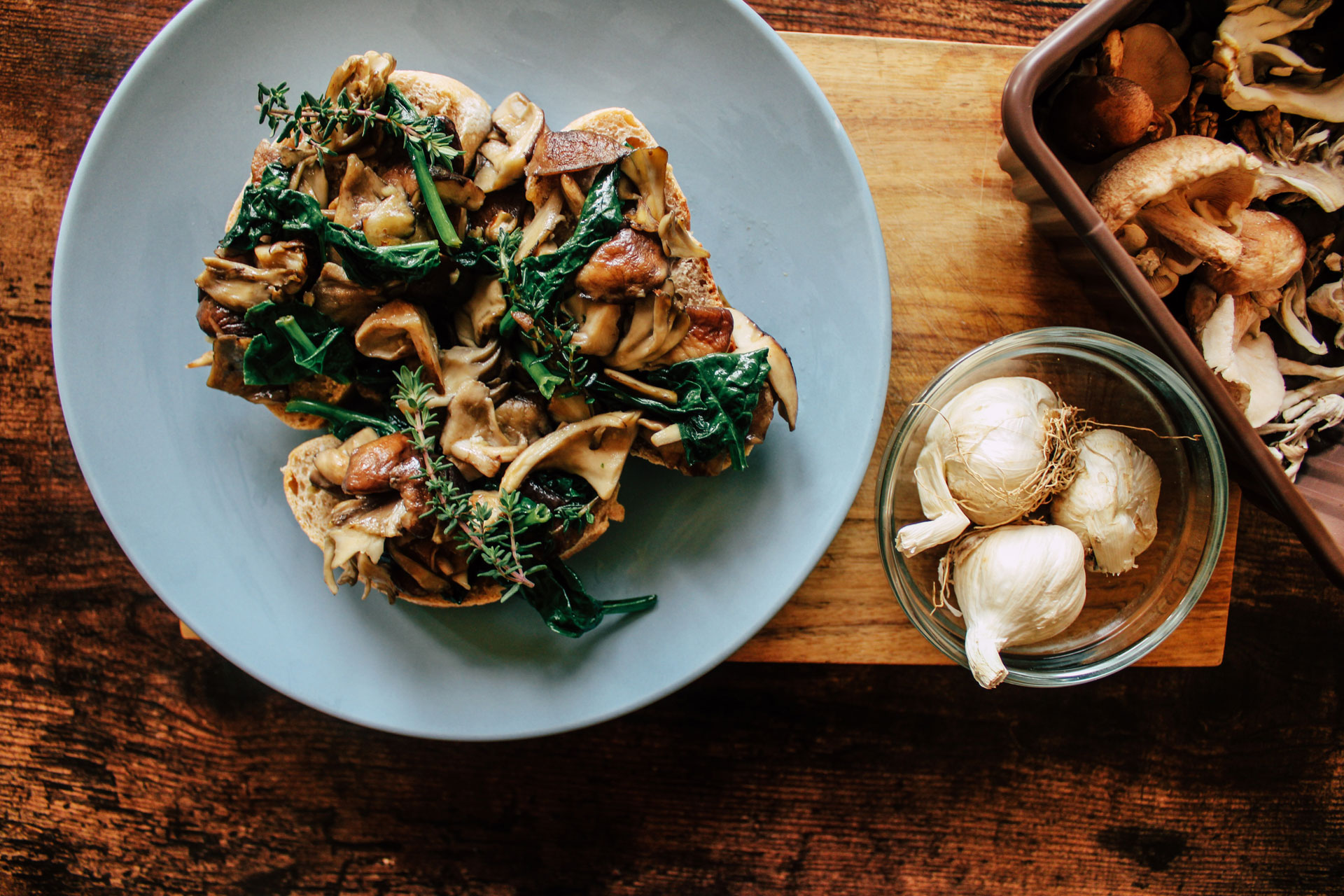
Vitamin B is crucial for keeping our nervous system healthy – but record numbers of people aren’t getting enough of it. According to recent figures from the NHS, cases of vitamin B deficiencies (B12, folate and other B vitamins) have tripled over the past decade. So how can we up our intake?
Vitamin B: Why Is It Important?
There are many different types of vitamin B, including thiamin (vitamin B1), riboflavin (vitamin B2), biotin (vitamin B7) and folate (vitamin B9). All support different health functions, but generally they help break down and release energy from food, and reduce fatigue.
Nutritional therapist Lara Isaac says: ‘Required for the release of energy from food, B vitamins are key for reducing fatigue and increasing mental resilience during challenging times. There are eight B vitamins in total, all of which are water-soluble – meaning they’re generally not stored in the body and should be consumed daily. It’s also worth bearing in mind that stress, alcohol and the oral contraceptive pill deplete these nutrients. To prevent deficiency, ensure you’re eating a diverse diet that features lots of vegetables, beans, whole grains, eggs and good-quality, wild fish.’
Vitamin B Sources To Up Your Intake
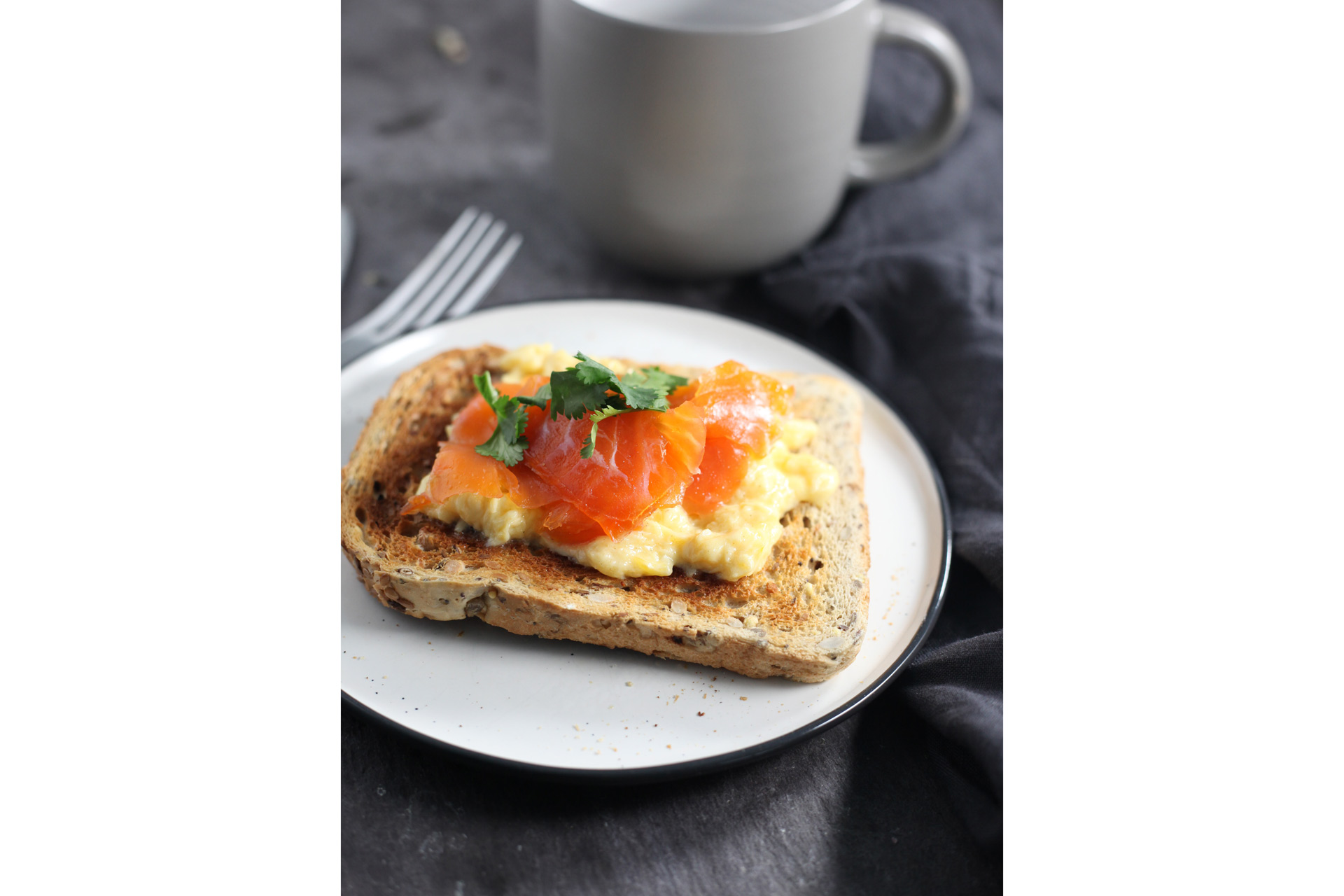
Unsplash
Salmon
Oily fish has a plethora of health benefits, including its high vitamin B content. The nutritious fish is packed with a number of different B vitamins, including B1, B2 and B3, all of which help keep the nervous system healthy, alongside B12, which makes red blood cells.
Marmite
Love it or hate it, there’s no denying Marmite is a bit of a health hero. Made from leftover brewer’s yeast, the black spread is packed with good nutrients, including B1, B2 and B3, which helps keep your eyes and skin healthy. A 2017 study from the University of York found the B vitamins in Marmite may affect brain function, increasing levels of a calming neurotransmitter. Just don’t overdo it, as Marmite is also renowned for its high salt content.
Eggs
We all know eggs are a great source of protein, but turns out they’re also packed with the vitamin in question. Just one egg contains B2, B5, B9 and B12 – plus eggs are one of the top sources of biotin (B7) which contributes to energy metabolism, skin and hair.
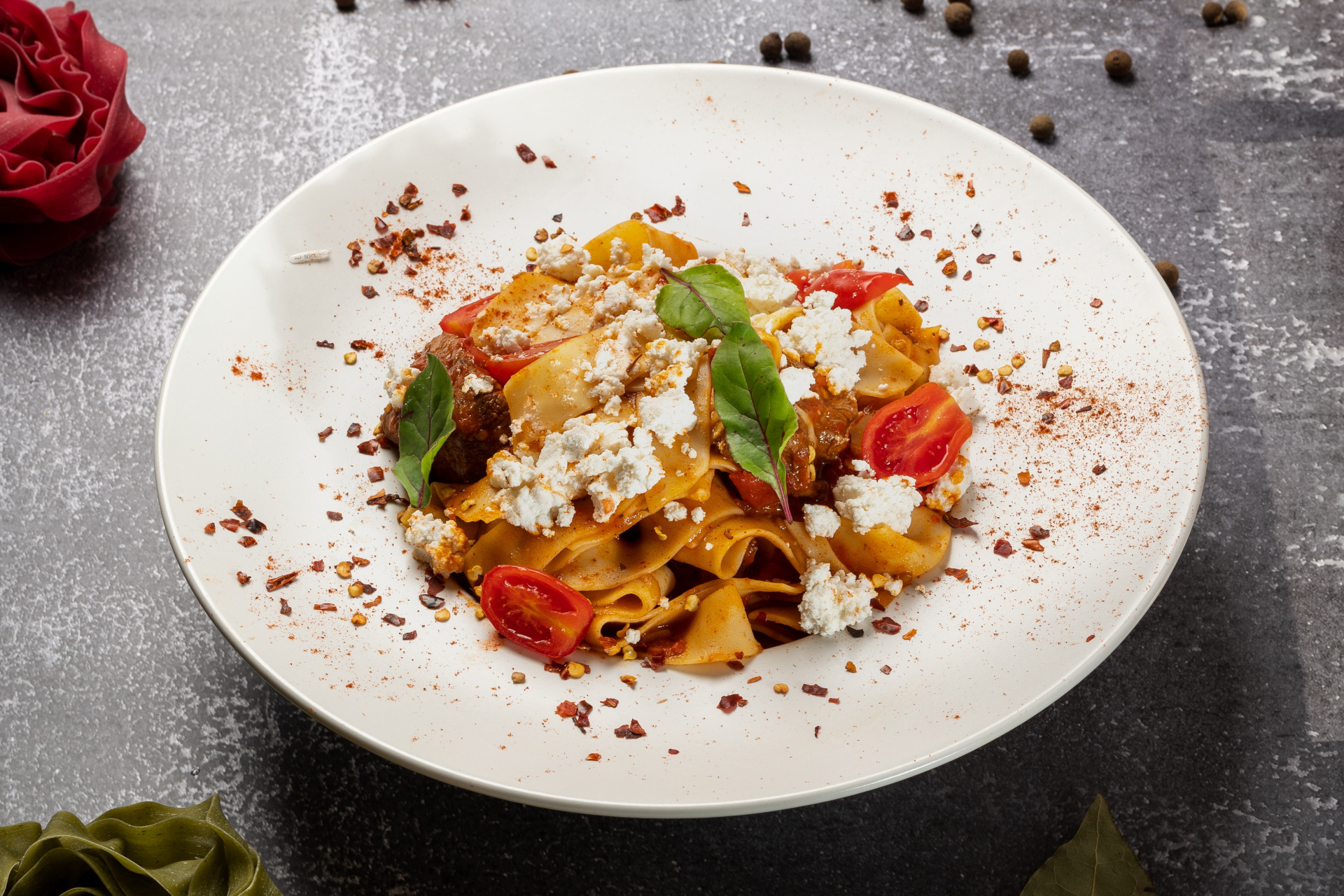
(c) Marios Gkortsilas, Unsplash
Feta
Cheese sometimes gets a bad rap, but it has plenty of health benefits too. One of the most nutritious cheeses is feta, which is high in protein, fat, calcium, and – you guessed it – vitamin B.
Black Beans
Love a Mexican? You’re in luck: black beans, a common ingredient in Mexican dishes, are packed with folate – a nutrient which is particularly crucial during early pregnancy. You’ll also find folate in dark leafy vegetables, beans, peas and nuts.
Mushrooms
The hype around mushrooms is going nowhere, with a long list of health benefits ranging from vitamin D content to supporting gut health. They’re also a great way to up your vitamin B intake: a cup of cooked white mushrooms contains over half your recommended daily intake for B3, and 30 percent for B2.
Supplements
While most people will be able to get enough B vitamins from food, others could benefit from taking supplements – particularly those following a vegan diet. Freer advises: ‘Most people following a completely plant-based diet in the longer term will need to supplement with Vitamin B12, but there are other nutrients that need consideration too. It is therefore always best to speak to your GP or a nutrition professional to get advice on the right supplementation for you.’




